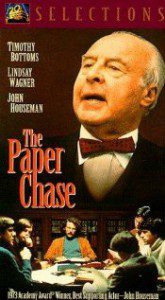I got talking to a friend in my small town the other day. She and her husband are about to refurbish an older downtown building for their business. She said she’d become a little frustrated, partly with the delays getting the project going. But she was also miffed at something she hadn’t expected. In anticipation of the refuse from the coming reno, she had hired a firm to drop off one of those large, industrial disposal containers. Not long after the bin arrived at the construction site, the contractor asked if she had dumped some garbage not associated with the planned business reno into the bin. She said no, she hadn’t.
“Well then what’s a sofa doing in the disposal bin?” he asked.
She was really perplexed. You mean, a stranger had simply dumped an unwanted piece of furniture – not a lamp or a card table, mind you, a sofa – into her large garbage container right on a main street? How bizarre is that?
